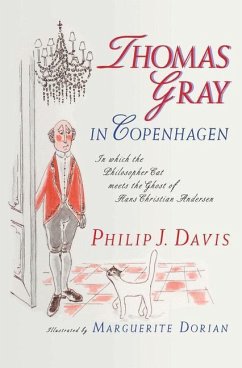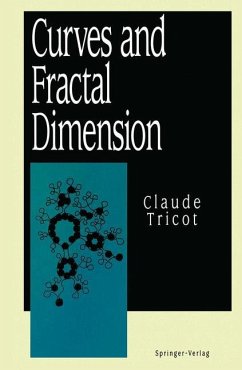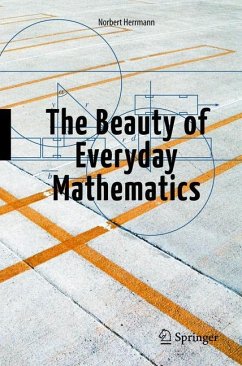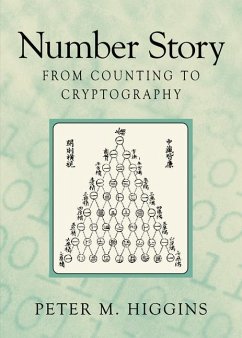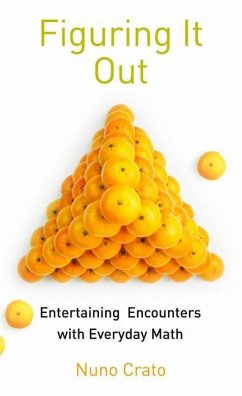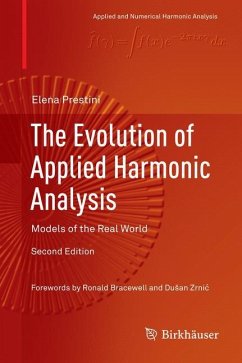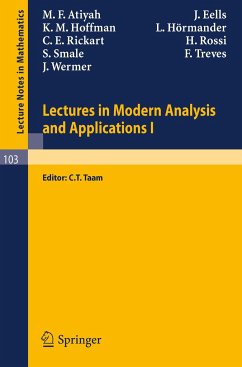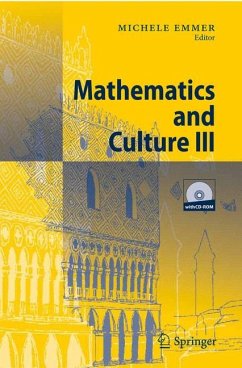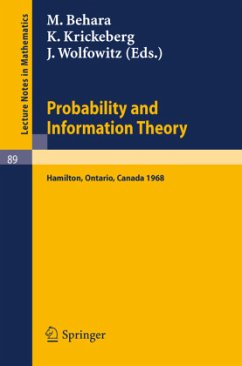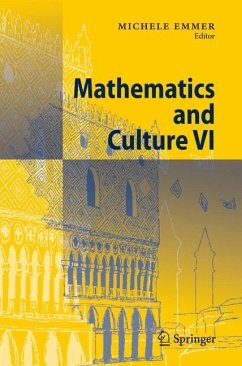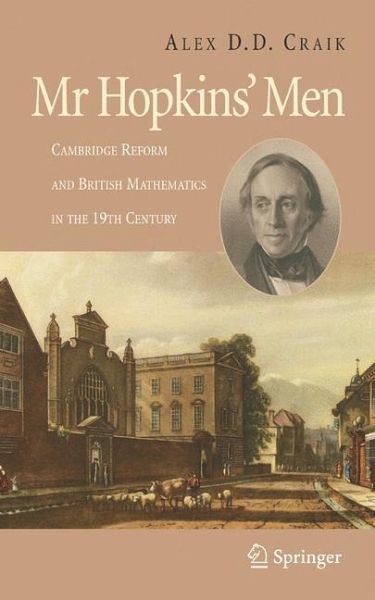
Mr Hopkins' Men
Cambridge Reform and British Mathematics in the 19th Century
Versandkostenfrei!
Versandfertig in 6-10 Tagen
38,99 €
inkl. MwSt.
Weitere Ausgaben:

PAYBACK Punkte
19 °P sammeln!
This is the story of a remarkable private tutor, William Hopkins, and the education and subsequent careers of a group of his students - so-called Wranglers.The book takes advantage of first-hand accounts of life at Cambridge to allow the reader a glimpse inside Cambridge s colleges and, in particular, Hopkins' tutoring rooms. It follows the evolution of the curriculum and the slow reforms that led to Cambridge s dominance of higher education. It surveys the scientific achievements of the time and looks at the disproportionate contributions made by Scottish and Irish alumni in establishing Camb...
This is the story of a remarkable private tutor, William Hopkins, and the education and subsequent careers of a group of his students - so-called Wranglers.
The book takes advantage of first-hand accounts of life at Cambridge to allow the reader a glimpse inside Cambridge s colleges and, in particular, Hopkins' tutoring rooms. It follows the evolution of the curriculum and the slow reforms that led to Cambridge s dominance of higher education. It surveys the scientific achievements of the time and looks at the disproportionate contributions made by Scottish and Irish alumni in establishing Cambridge as a research centre for the mathematical and physical sciences.
Hopkins influence was far-reaching and the book surveys the careers of some of his best students. We can also see what these students looked like with the reproduction of Hopkins own collection of 42 pencil and watercolour portraits of his top students - including GG Stokes, Lord Kelvin, A. Cayley - reproduced here for the first time.
The book takes advantage of first-hand accounts of life at Cambridge to allow the reader a glimpse inside Cambridge s colleges and, in particular, Hopkins' tutoring rooms. It follows the evolution of the curriculum and the slow reforms that led to Cambridge s dominance of higher education. It surveys the scientific achievements of the time and looks at the disproportionate contributions made by Scottish and Irish alumni in establishing Cambridge as a research centre for the mathematical and physical sciences.
Hopkins influence was far-reaching and the book surveys the careers of some of his best students. We can also see what these students looked like with the reproduction of Hopkins own collection of 42 pencil and watercolour portraits of his top students - including GG Stokes, Lord Kelvin, A. Cayley - reproduced here for the first time.





